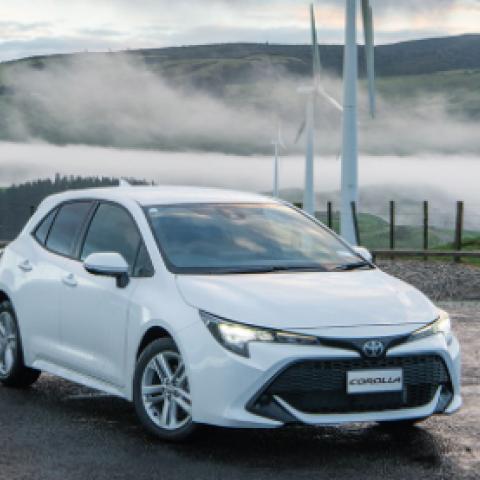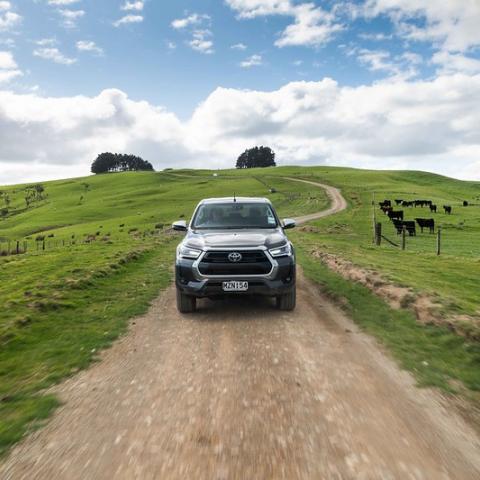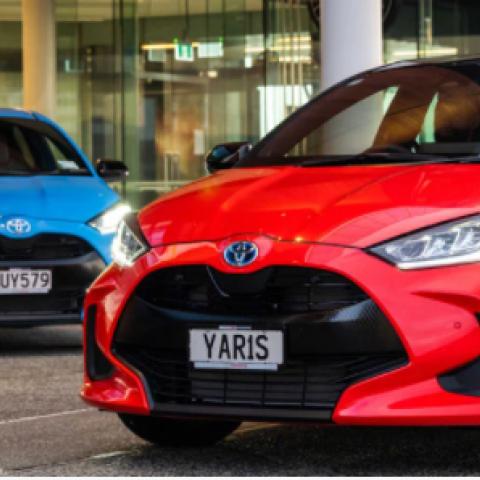Toyota Woven City
Toyota Motor Corporation (TMC) recently announced that it is building a new prototype city of the future, known as the ‘Woven City’. It will be full of innovative technology and embrace new approaches to mobility in a real-world environment.
It will be built on a 175-hectare site in Higashi-Fuji, Japan, at the base of Mount Fuji. People will live, work and play there, and participate in a ‘living laboratory’. This will provide researchers, engineers and scientists with opportunities to freely test technology such as autonomous vehicles, shared mobility, robotics, smart home connected technology and artificial intelligence.
TMC President Akio Toyoda said this was a unique opportunity to create an entire community from the ground up, allowing Toyota to build cutting-edge, digitally connected infrastructure. It would provide a chance to collaborate with other businesses, and he invited interested scientists around the world to apply their work to this project.
Design
Danish architect Bjarke Ingels, creator of some of the world’s ground-breaking architectural buildings such as Google’s new headquarters and Two World Trade Center, is helping to bring this vision to life.
The city is planned to be fully sustainable. Buildings will be made mostly of wood to minimise the carbon footprint, using traditional Japanese wood joinery combined with robotic production methods. Systems will be powered by hydrogen fuel cells, supplemented with rooftop photovoltaic panels to generate solar power.
Streets will be split into three separate forms of mobility: fast transportation of autonomous, zero-emission vehicles; an urban promenade shared by pedestrians and slower personal mobility vehicles; and a linear park with paths for pedestrians only. The streets will weave together into a grid of 3x3 city blocks – each framing a local park or courtyard to bring people together in social gatherings and recreation.
In an age when technology, social media and online retail are replacing traditional meeting places, the Woven City will also explore new ways to stimulate human interactions in urban spaces.
Residences will be equipped with the latest in human support technologies, such as in-home robotics to assist daily living and domestic chores. Sensor-based artificial intelligence devices will check occupants’ health, take care of basic needs and enhance everyday life.
The plan is to ‘break ground’ in phases, beginning as soon as 2021, and accommodate Toyota employees and their families, retirees, retailers, visiting scientists, industry partners and the general public. The city will house 2,000 people at first, and grow over time.
TMC President Akio Toyoda says he believes this is a project that can benefit everyone. “Toyota began as a loom manufacturer and by weaving fabric. Now it is our hope to use our technology to weave together a new kind of city, and a new way of enjoying life. As a company committed to mobility for all and as global citizens, I believe it’s up to all of us – especially corporations like Toyota – to do our part to help make the world a better place.”



